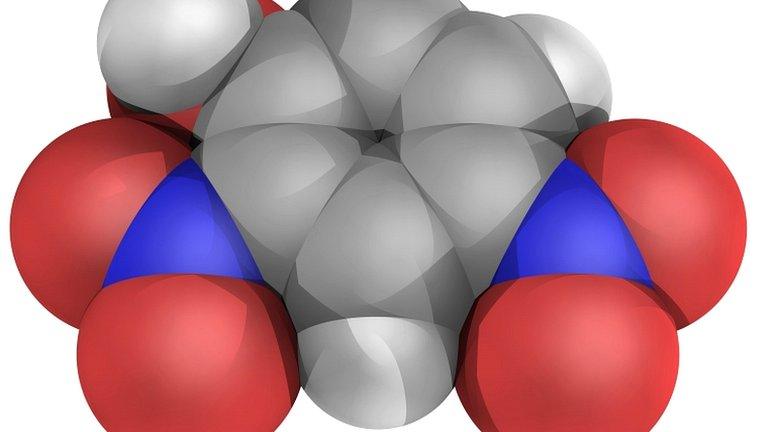'Doctors failed diet pill death student Eloise Parry'
- Published
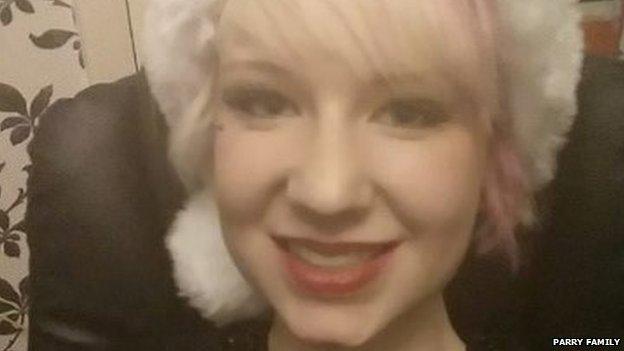
The pills were Eloise Parry's 'little fix' her mother said
The best friend of a student thought to have died after taking toxic diet pills bought online says she was failed by doctors.
Eloise Aimee Parry, 21, from Shrewsbury, died in hospital on 12 April after becoming unwell.
Police said the tablets were believed to contain dinitrophenol, known as DNP, an industrial chemical.
Her friend, who wants to remain anonymous, says Ms Parry had begged doctors for help.
She said she thought it would be in the public interest for an investigation to take place into the care Ms Parry received, "to make sure that everything was done to help Eloise, to make sure that if there is another person in her situation we can learn from this".
'Scared'
The Glyndwr University student had initially attended A&E after taking more than the recommended dose of the tablets.
The friend explained: "She took four pills at 4am and then when she woke up she took another four. But she had pushed her body to be able tolerate this and then she pushed it over the edge. She did not intend to kill herself, she did not want to die.
"She sent me a text message saying that she knew she was going to die a few hours before she died and she was alone.
"She knew she was going to die, and she was alone and she was scared. I was about to board a plane and by the time I'd got home she was dead."

What is DNP?
2,4-dinitrophenol or DNP is highly toxic and is not intended for human consumption
An industrial chemical, it is sold illegally in diet pills as a fat-burning substance
Users experience a metabolism boost, leading to weight loss, but taking even a few tablets can be fatal
Signs of acute poisoning include nausea, vomiting, restlessness, flushed skin, sweating, dizziness, headaches, rapid respiration and irregular heartbeat
Consuming lower amounts over longer periods could lead to cataracts and skin lesions and impact on the heart, blood and nervous system
Experts say buying drugs online is risky, as medicines may be fake, out of date or extremely harmful

The friend said Ms Parry had been in the mental health system since at least the age of 16, she had been diagnosed with a mental health disorder and took medication daily. She had a social worker and regular GP check-ups.
But she said Ms Parry needed more help.
"They were very aware. She was definitely on their radar. She did not fly under the radar. Everyone was aware of her problems. There was no secrecy.
"I think she needed to be an inpatient, she could no longer keep herself safe. Medical professionals have a duty of care to keep people safe who cannot keep themselves safe.
"I was with her when she told medical staff that she could no longer keep herself safe and that she needed their help."
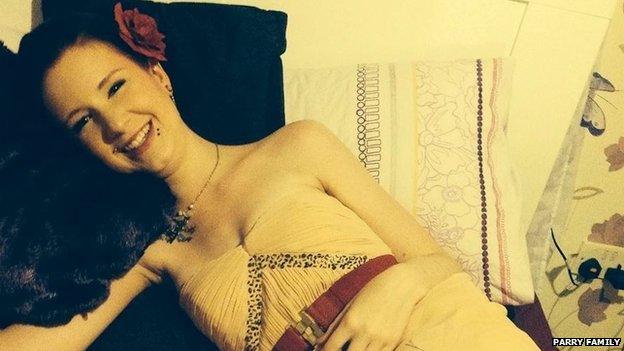
An inquest has been opened
Last week, Ms Parry's mother Fiona told Victoria Derbyshire it was "an awful way to die" and people should not take the drug "in any quantity".
An inquest has been opened and adjourned until 2 July by Shropshire coroner John Ellery after a hearing in Shrewsbury.
The Wrexham Maelor hospital said it was unable to comment on the case.
The Royal Shrewsbury hospital said Ms Parry sadly died when staff were unable to save her and they would be contributing to the inquest.
The director of public health in Shropshire, who is responsible for mental health teams and social workers, said they would work with the coroner.
West Mercia Police have now obtained Ms Parry's laptop and phone and said they were investigating where the pills came from.
Listen to PM on BBC Radio 4 at 17.00 BST. Victoria Derbyshire is broadcast weekdays from 09:15-11:00 BST on BBC Two and the BBC News Channel. Follow the programme on Facebook and Twitter, and find all our content online.
- Published21 April 2015
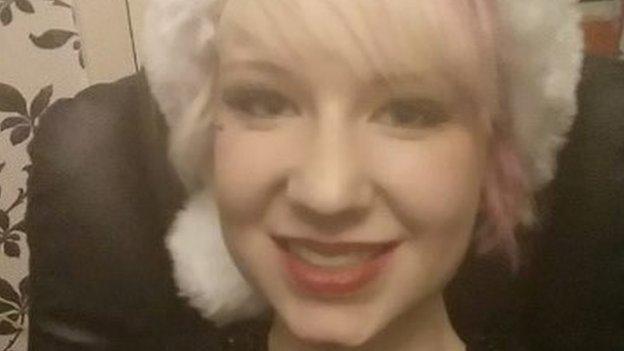
- Published21 April 2015
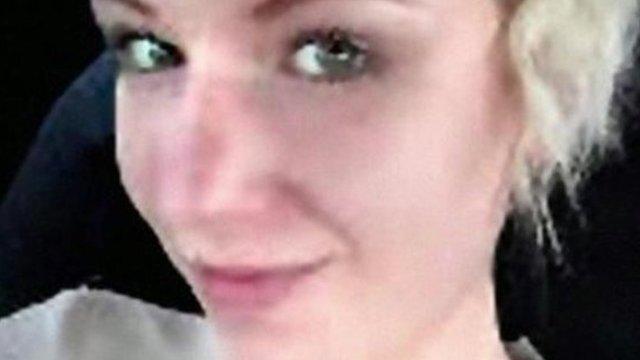
- Published20 April 2015
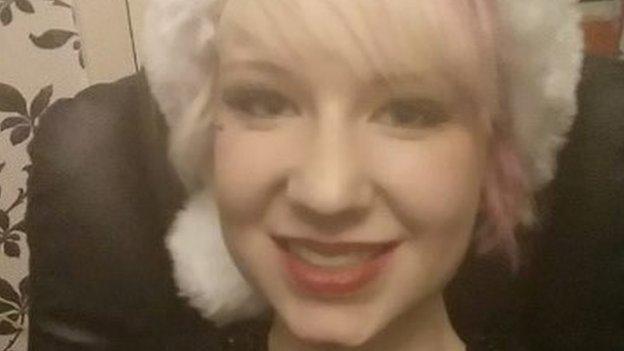
- Published3 February 2014
